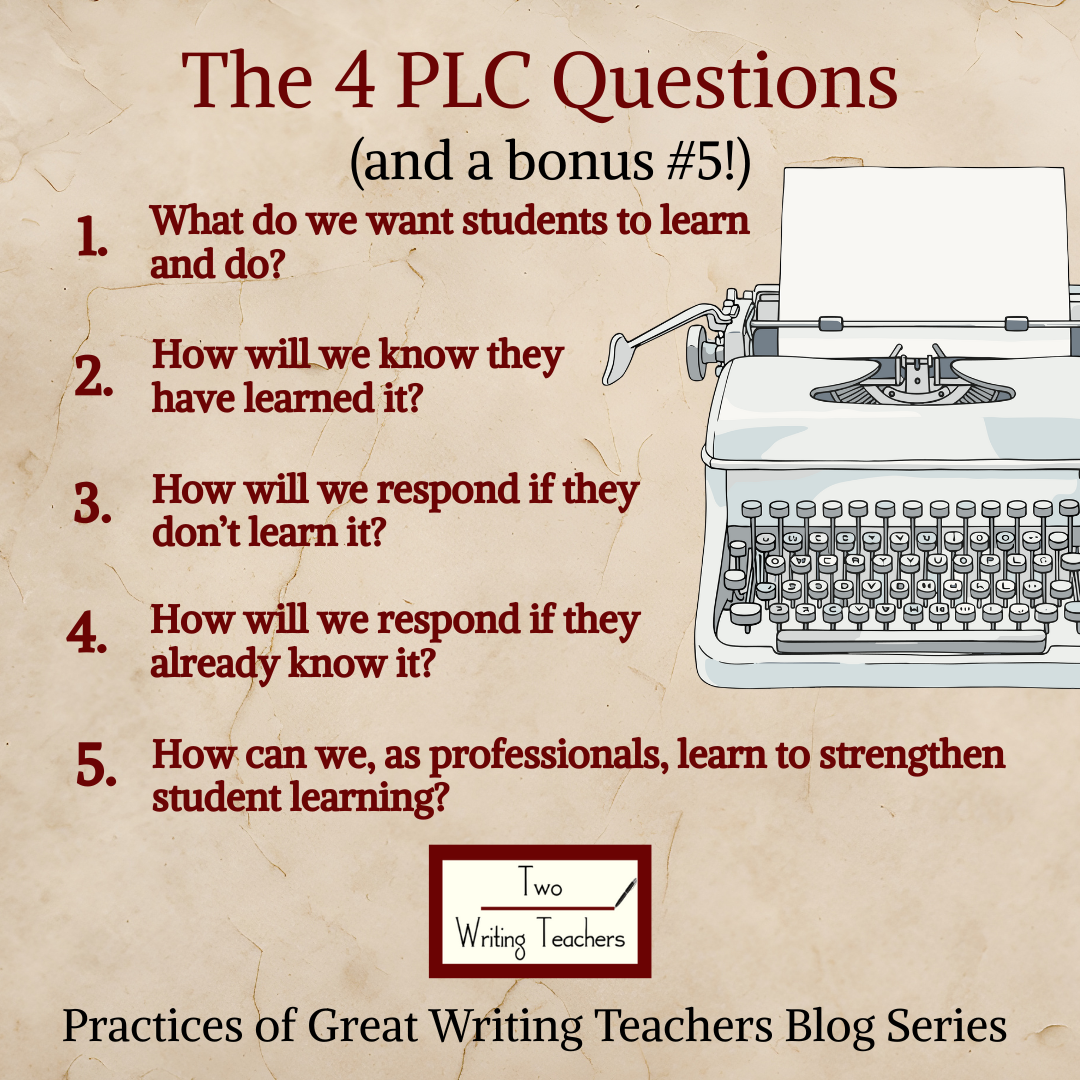Last fall, I began working toward an advanced degree. The demands of academia have rocked my world this year, and the coursework itself is stretching my thinking and causing me to challenge my practice in ways I never imagined. It's exhausting, but pretty awesome at the same time. One of my courses this quarter is about finding a direct link between curriculum theory and practice. This week the assignment was to create some aspect of a curricular unit based on the ideas of the multicultural and critical theorists (Nieto, Ladson-Billings, Friere, Giroux, Apple, Banks, etc.).
When I thought about representations and student voice, my mind immediately went to banned and challenged literature. For years I have made a point of looking at the American Library Association lists and following the AS IF blogs and debates. I own a tall stack of commonly banned and challenged books, and I strongly believe that those are some of the most important books for young adults because they delve into the issues and identities that exist in real life.... and so I decided to create a list. A short list of books that represent contemporary life, to serve as a resource for those who work with young adults.
I included books that cover a wide range of topics and issues such as truancy, drug use, sexuality, privilege, victimization, racism, religious and cultural conflict, and family relations because those are the issues teenagers see and feel but are not always able to talk about. Books that explore the topics of eating disorders and date rape, while uncomfortable to read, can provide solace for a young adult who has gone through a similar experience, or information for a friend or parent trying to help a loved one. Books that touch on homosexuality show that it is a normal part of a person's identity and for a teenager who feels awkward and unconventional like Charlie in the perks of being a wallflower, that book can be a vital source of support. Especially with the adolescent suicide rates rising, I believe that it is crucial to put books by Brent Hartinger and similar authors into children's hands. The letters these authors receive from young adults are testaments to the importance of books that represent multiple identities and experiences.
I also included books that might begin to open a dialogue about stereotypes. The book Monster is about an African American teenager who is convicted of robbery simply because he was standing in front of the store when it happened (though as readers we never find out the "real" story of why he was there, which allows us to examine our perceptions). The Absolutely True Diary of a Part-Time Indian not only shows a snapshot of life on a reservation, but also an insider's take on poverty. The other books on my list include characters from many different countries, cultures, religions, and faiths, and all different socioeconomic levels, urban, suburban, and rural communities, public and private schools, abusive families, cohesive families, no family, and even foster care. The perspectives and life outlooks portrayed through the characters are as diverse as the characters themselves, and I think it's important for children to see those representations in literature - not only to find connections in the stories they read, but also to gain a new perspective about those around them.
That said, it is important for teachers, librarians, and parents to keep conversations open in order to hear children's thoughts and opinions, and also to help them realize that one voice does not represent an entire population.
This is the reading list I came up with. I welcome any and all comments about books I could have or should have included, and also about books I should not have included.
Friday, April 22, 2011
Subscribe to:
Post Comments (Atom)







No comments:
Post a Comment